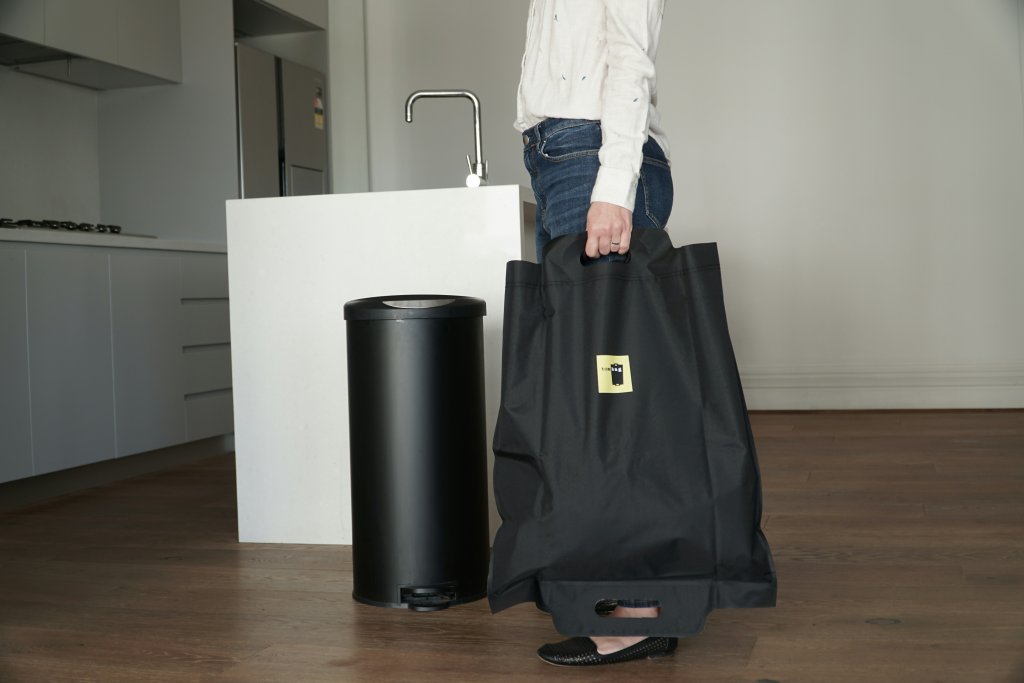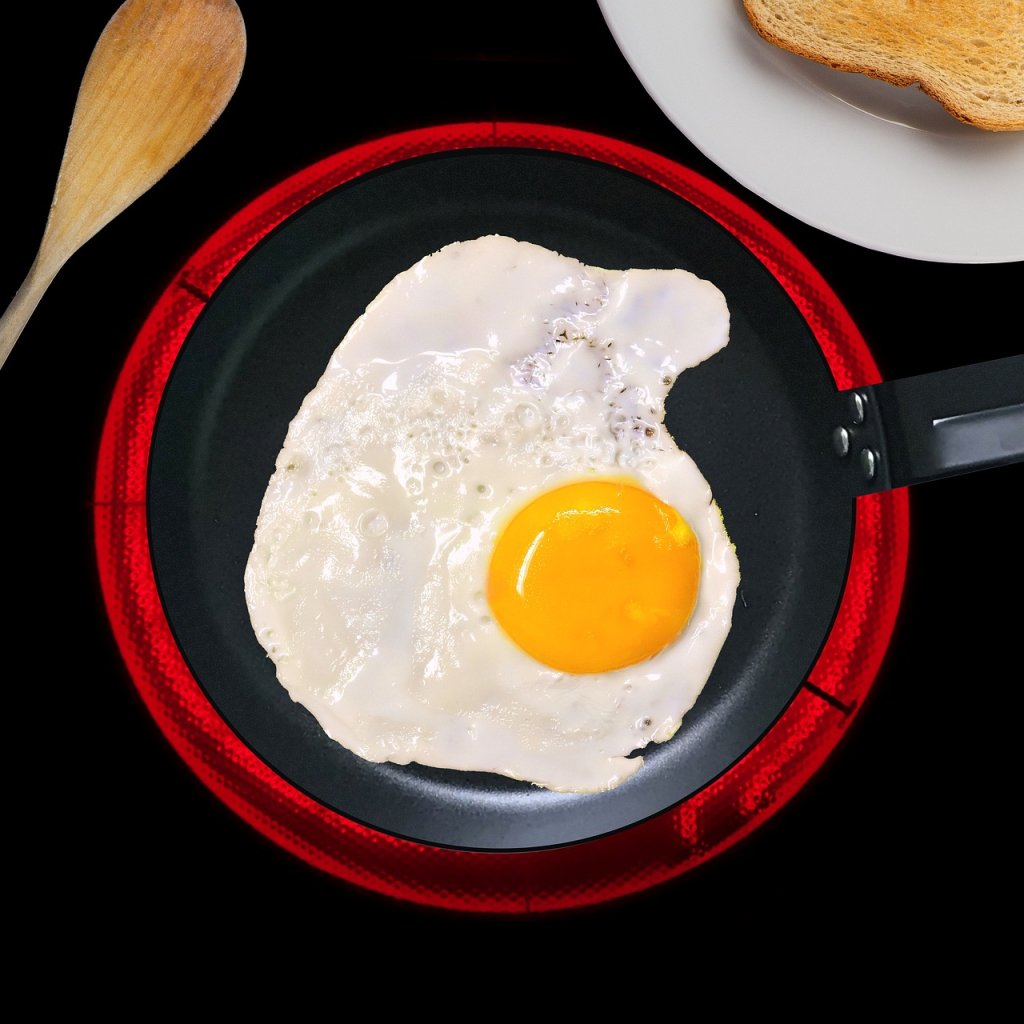
Let’s be real, folks. The cost of living crisis has us all clutching our wallets tighter than our morning cuppa. With energy prices soaring and water bills creeping up, it's high time we tackled the kitchen – the heart (and the heat) of the home – to save some cash and do our bit for the planet. Here’s your guide to slashing those bills and giving Mother Nature a helping hand.
Smart Appliances: The Kitchen’s Best Friend
First up, let’s talk gadgets. Not just any gadgets, but the kind that turn your kitchen into an eco-friendly powerhouse while making your life a whole lot easier.
1. Energy-Efficient Fridge Freezers: If your fridge is older than your teenage son, it’s time for an upgrade. Modern, energy-efficient models like the A+++ rated Bosch Serie 6 can reduce your electricity usage significantly. They keep your food fresher for longer, which means fewer trips to the supermarket and less food waste.
2. Eco-Friendly Dishwashers: Yes, dishwashers can be more water-efficient than hand washing. Look for models with an A+++ energy rating, like the Siemens iQ500. These machines use less water, less energy, and they give you an excuse to avoid the sink.
3. Induction Hobs: These are the superstars of energy efficiency. Induction hobs, such as those from Neff, heat pans directly via electromagnetic fields, wasting less energy compared to traditional gas or electric hobs. Plus, they look sleek and modern – bonus!
Water-Saving Wonders
Next, let’s tackle water usage. The average UK household uses a whopping 330 litres of water a day. Here’s how to bring that down without sacrificing your sanity.
1. Eco Kettles: Kettles are a staple in any British kitchen, but most of us are guilty of overfilling them. Eco kettles, like the Russell Hobbs 24361, have markings to show you exactly how much water you need. Less water means less energy to boil, and less waiting around for your brew.
2. Aerated Taps: These nifty devices mix air with water, reducing water flow without compromising pressure. Install them on your kitchen taps and you’ll save water without even noticing. Try the Hansgrohe Focus, which is stylish and efficient.
3. Water-Saving Dishwashing Techniques: If you’re not blessed with a dishwasher, use a washing-up bowl to save water rather than letting the tap run. Also, scrape your plates instead of rinsing them before loading the dishwasher – modern machines are designed to handle the dirt.
Cooking Smart: Efficiency in Action
Cooking is at the core of kitchen activities, but it doesn’t have to be an energy drain. Here are some savvy tips:
1. Batch Cooking: Prepare multiple meals at once. It saves time and energy because you're using your oven or hob for a longer period but less frequently. Plus, you’ll have delicious home-cooked meals ready to go, reducing the temptation for energy-intensive takeaways.
2. Pressure Cookers and Slow Cookers: These marvels use less energy than traditional cooking methods. A slow cooker, like the Crock-Pot, can simmer your stew all day on minimal power, while a pressure cooker can whip up meals in record time, saving both energy and your precious evening hours.
3. Lid on Pots: It sounds simple, but keeping a lid on your pots and pans while cooking retains heat and cooks food faster, reducing the energy needed. It’s a small change with big savings.
Lighting the Way
Lighting can be a significant energy drain if you’re not careful. Here’s how to keep the glow without the guilt:
1. LED Bulbs: Swap out those old incandescent bulbs for LED ones. They use up to 85% less energy and last 25 times longer. Brands like Philips offer a range of bright, warm options perfect for any kitchen.
2. Task Lighting: Instead of lighting up the whole kitchen, use under-cabinet lights for workspaces. This targeted approach saves energy and creates a cosy ambiance.
3. Smart Lighting: Systems like Philips Hue can be controlled from your smartphone, allowing you to dim the lights or turn them off remotely. No more leaving the lights on accidentally!
The Recycling Revolution
Finally, let’s not forget about waste. Recycling and composting are key to an eco-friendly kitchen.
1. Recycling Bins: Make it easy for everyone in your household to recycle by setting up separate bins for paper, plastic, glass, and compost. Brands like Brabantia offer stylish, space-saving options.
2. Compost Bins: Composting food waste reduces the amount of rubbish going to landfill and gives you nutrient-rich compost for your garden. A countertop compost bin, like the Joseph Joseph Intelligent Waste, is convenient and odour-free.
A Penny Saved
Saving energy and water in your kitchen doesn’t mean sacrificing style or convenience. With a few smart choices and some savvy habits, you can reduce your bills and your environmental impact. So, upgrade those gadgets, tweak your habits, and watch the savings roll in. After all, a penny saved is a penny earned – and a planet saved is a legacy worth leaving. Cheers to a greener, more efficient kitchen!
